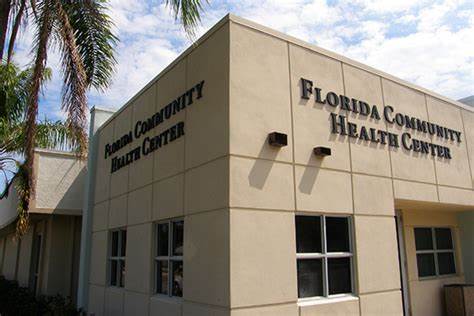As online degree programs continue to gain popularity, educators and institutions face the challenge of adapting assessment methods to suit the unique characteristics of online learning. Traditional assessment methods designed for in-person classrooms may not fully capture the diverse skills and competencies developed through online education. In this article, we will explore the importance of adapting assessment approaches in online degree programs and discuss strategies to effectively assess student learning in the online learning environment.
Embracing Authentic Assessments
Online degree programs provide an opportunity to move beyond traditional paper-based exams and embrace authentic assessments. Authentic assessments focus on real-world applications of knowledge and skills, mirroring the challenges and tasks that professionals face in their respective fields. For example, instead of a written exam, students may be asked to complete a project, participate in a virtual simulation, or present a portfolio of their work. These assessments provide a more comprehensive evaluation of students’ abilities and promote deeper learning and critical thinking.
Leveraging Technology-Enabled Assessments
Technology plays a pivotal role in online degree programs, and it can also enhance assessment methods. Educators can leverage various technological tools and platforms to design and administer assessments that align with online learning environments. For instance, online quizzes, interactive assignments, and multimedia projects can be used to gauge students’ understanding and engagement. Additionally, online assessment platforms can provide instant feedback and analytics, allowing educators to track students’ progress and identify areas that require further support.
Incorporating Peer and Self-Assessment
Online degree programs offer opportunities for collaborative learning and engagement. Peer and self-assessment can be valuable components of the assessment process in online environments. Students can assess their own work and reflect on their learning progress, fostering metacognition and self-directed learning skills. Peer assessment allows students to evaluate and provide feedback on their classmates’ work, promoting a sense of community and active participation. These assessment methods encourage students to develop critical evaluation skills and enhance their understanding of the subject matter.
Designing Real-Time Assessments
In an online learning environment, real-time assessments can be implemented to gauge students’ immediate understanding and engagement during live sessions or virtual discussions. Polls, quizzes, and short reflection activities can be utilized to assess comprehension, gather opinions, or stimulate critical thinking in real-time. These assessments not only provide immediate feedback to both students and instructors but also enhance active participation and knowledge retention.
Ensuring Academic Integrity
Maintaining academic integrity is a crucial aspect of assessment in online degree programs. With the absence of direct supervision during exams, it becomes essential to implement strategies to deter academic dishonesty. Technology-based solutions such as plagiarism detection software and remote proctoring tools can be employed to monitor students’ work and ensure the authenticity of their submissions. Clear guidelines and expectations regarding academic integrity should also be communicated to students to promote ethical behavior in online assessments.
Continuous Assessment and Feedback
Online degree programs allow for continuous assessment and ongoing feedback, promoting a culture of iterative learning. Instead of relying solely on high-stakes exams, frequent low-stakes assessments, such as quizzes or weekly assignments, can be implemented to track students’ progress. Regular feedback, both from instructors and peers, helps students identify their strengths and areas for improvement, fostering a growth mindset and facilitating active engagement in the learning process.
Adapting assessment methods for online degree programs is vital to accurately evaluate student learning and promote meaningful educational experiences. By embracing authentic assessments, leveraging technology-enabled assessments, incorporating peer and self-assessment, designing real-time assessments, ensuring academic integrity, and implementing continuous assessment and feedback, educators can create effective assessment strategies that align with the unique characteristics of online learning. As online education continues to evolve, the adaptation of assessment approaches will play a crucial role in accurately measuring student achievement and fostering meaningful learning outcomes.












